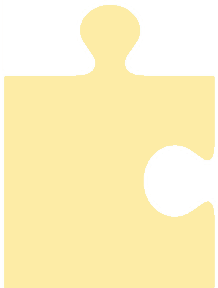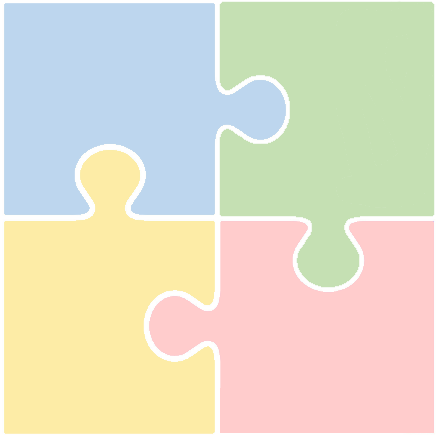 |
Curriculum for Learning
Enabling pupils to be effective, independent and successful learners
Positive thinking, growth mindset, resourcefulness, resilience and setting goals
|
|
We aim to enable pupils to:
- develop their capacity and motivation to become independent learners both in and out of school
- know when and how to listen, think, discuss and ask relevant questions
- know how we learn and remember things
- organise themselves and plan their own learning, including having the necessary resources and completing homework
- build stamina, patience, and resilience in their approach to learning
- build and maintain positive self-esteem, knowing that they and have strengths on which to build and improve
- see and talk about the progress they are making in their learning and what they are doing to improve
- use feedback to improve their learning and attitude to learning
- see learning as a journey and develop a positive growth mindset for future learning and achievement
- reflect on and make changes to their approach to learning or tasks
- accept mistakes and see them as learning opportunities
- set targets or challenges for themselves and with others and find ways to achieve them
- be resourceful in helping themselves to overcome difficulties and solve problems
- know when to seek help and support from others, including adults
- develop a thirst for knowledge and a desire to find out more about the world in which we live
- celebrate their learning and achievements, however small
- have confidence in themselves, their abilities and their future
|
| |
|
 |
Curriculum for Life
Enabling pupils to be effective citizens, stay safe and be healthy, now and in the future
Personal, Social, Health and Economic (PSHE) and Citizenship Education, Behaviour, SMSC
|
|
We aim to enable pupils to:
- understand their uniqueness and the uniqueness and difference of others
- understand that they have a positive part to play in the school, local and wider community
- develop good character traits, virtues and values, including honesty, kindness, politeness, friendship, thoughtfulness. empathy and responsibility
- understand, communicate and manage emotions and actions appropriately
- stay safe and follow a physically and mentally healthy lifestyle
- share, play and work effectively with others, including in groups and teams
- share and communicate their views, thoughts and knowledge in a constructive and effective way
- behave and conduct themselves appropriately so that they have a positive impact on the school, their family and the community
- develop their spiritual, moral, social and cultural understanding (SMSC)
- understand their and other’s rights in different contexts and exercise and defend them appropriately
- develop respect for others, including those with different characteristics
- understand and have respect for a range of valued, fundamental British values, including democracy, government, individual liberty and freedoms, the law and different faiths
- develop an understanding of the economy and the world of work
- make a positive contribution to the sustainability of the school, community and the wider world
- undertake simple everyday/life tasks appropriate to their age
|
| |
|
 |
Curriculum for Knowledge and Skills
Enables pupils to develop knowledge, skills and understanding in academic subjects
Academic progress in basic skills (English, Mathematics) and other subjects
|
|
We aim to enable pupils to:
- prepare for the next stage of their education so that they move on to secondary school with the skills and knowledge needed to access the Year 7 curriculum with confidence
- develop skills in reading and comprehension to a high level so that they can access the curriculum, engage with high-quality literature and other printed material, including in real contexts
- develop skills in writing to a high level so that they communicate effectively through different styles and genres of written text
- develop an understanding of concepts and skills in mathematics so that they are confident in their use of number and other domains to solve imaginary and real-life problems
- develop skills, knowledge and understanding in a broad range of subjects, underpinned by the National Curriculum
- apply their knowledge, skills and understanding in different contexts, including imaginary and real situations
- make links between their learning from one year group to the next and across different themes or subjects
- talk confidently about what they know and what skills they are developing in different subjects
- understand that each subject is its own discipline but see the connections between subjects and how they relate to one another
- understand the deeper aspects of learning in a subject, including how it contributes to overall development
|
| |
|
 |
Curriculum for Enrichment
Enabling pupils to develop their interests and cultural understanding
Extra-Curricular activities, enrichment activities, outdoor learning and pursuit of interests
|
|
We aim to enable pupils to:
- see learning in its widest sense, not just something that takes place in school
- take part in experiences, including outdoors, which support or go beyond their school-based learning
- visit museums, libraries, art galleries, theatres and music venues to experience first-hand the richness and variety of local, UK and world heritage, history and culture
- take part in different extra-curricular activities to develop their interests and talents over time
- learn to read music and play a musical instrument, including as an scholarly pursuit if they wish
- take part in competitive school sports, at school and inter-school level
- have experiences and opportunities which develop their wider understanding of local culture, including the arts, religion and cultural diversity
- develop, share and celebrate their own interests, expertise, talents and achievements, including with others
- understand the very special place that Manchester is and what is on offer to engage their interests and develop their skills and talents over time
- understand the culture of the UK as a diverse and rich environment for learning and living
- take part in a residential visit, living and working alongside others
- learn from others, including experts and those in different workplaces
- be curious and inquisitive about the things around them, including their local environment, nature, technological trends, politics and world events
- be active citizens in different contexts
|




